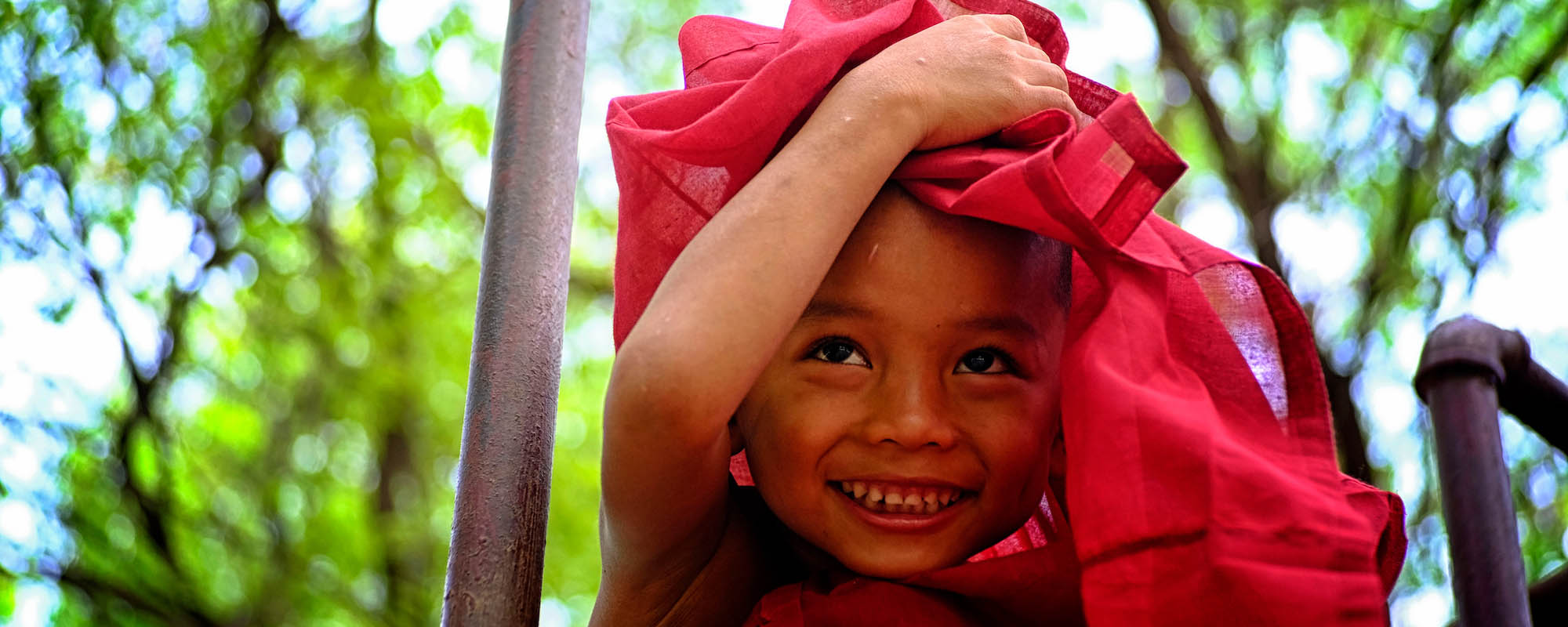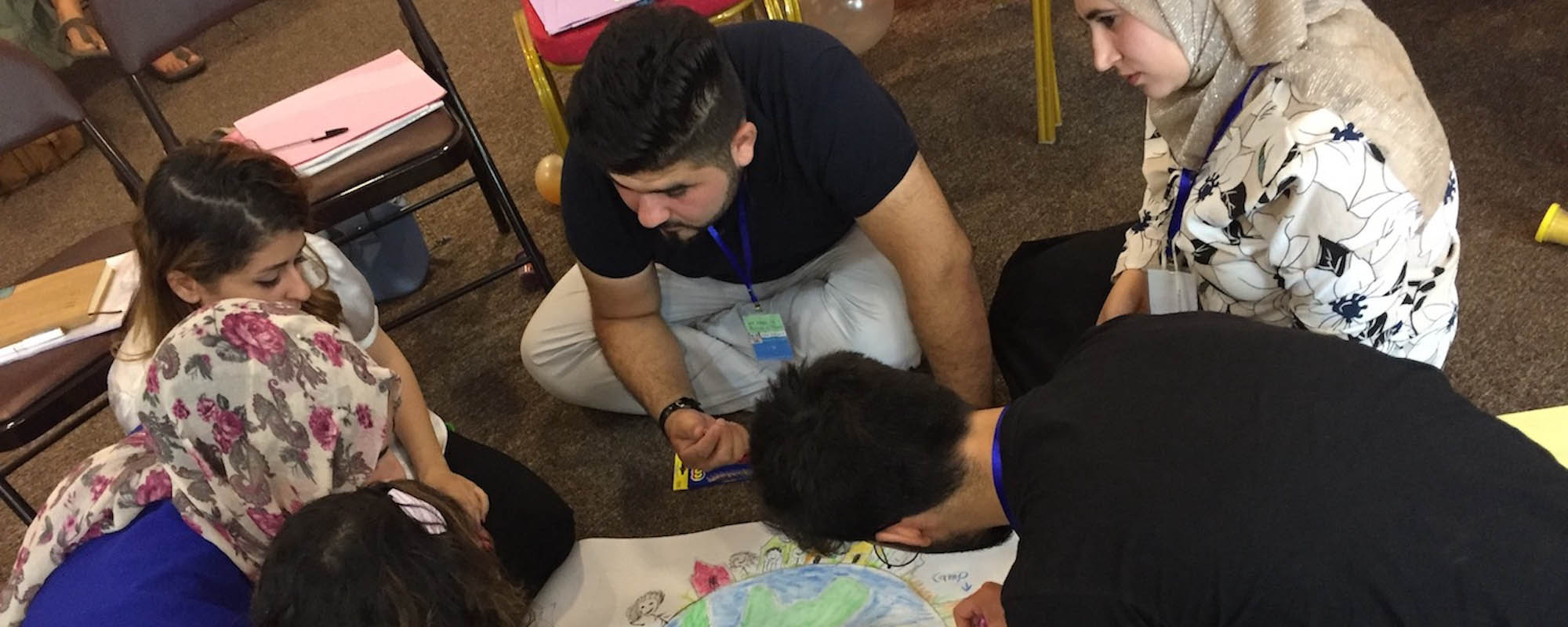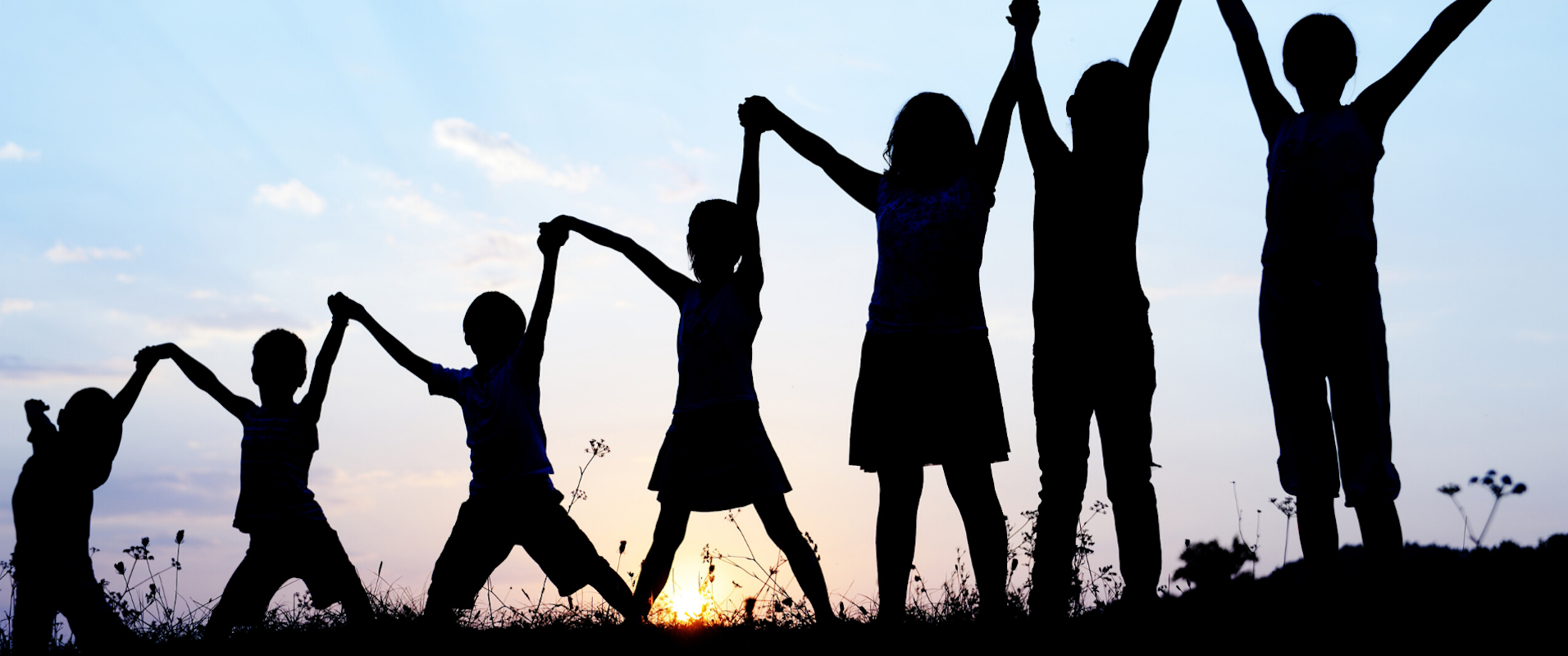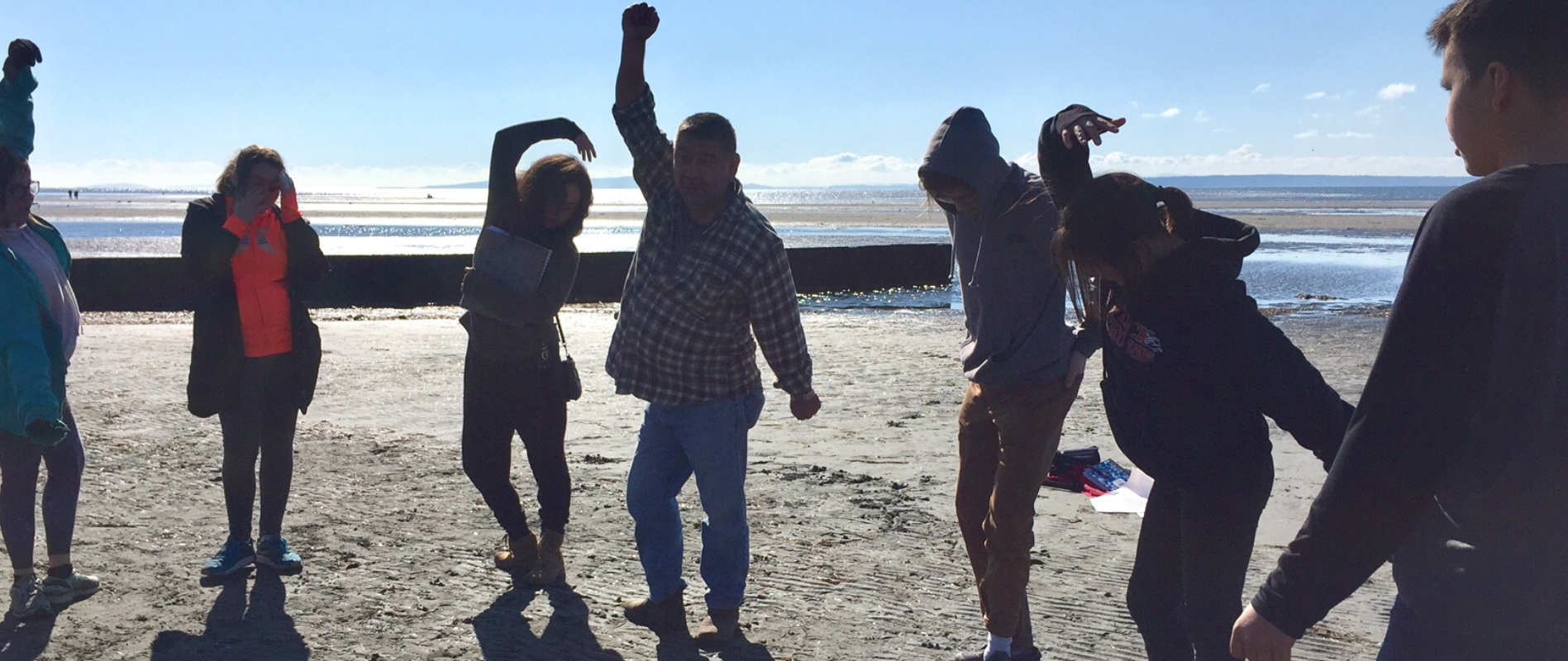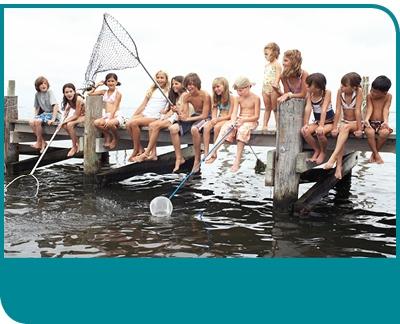
Today, the Access to Justice for Children Conference in Vancouver, BC, is being launched with a Roundtable discussion, co-hosted by Suzanne Williams and former British Columbia Supreme Court Justice Donna Martinson with key experts on justice issues involving children, to:
share recent or upcoming initiatives whose aim is to advance child rights and access to justice;
identify areas for future potential collaboration or coordination;
consider ways to keep updated, build from one another’s work, and collectively advance children’s access to justice.
This exciting, two-day B.C.Continuing Legal Education Society (CLE) conference will host more than 100 people from across British Columbia and Canada, including 4 elders from First Nations communities. More information here.
Access to justice is an essential pre-requisite for the promotion and protection of all the rights of the child. Yet for children themselves, access to justice is not merely about effective remedies, but perhaps more importantly, about how the remedies actually improve their lives:
"Young people don’t want justice to mean pain, punishment, vengeance, retribution, “making somebody suffer or pay”, finger-pointing, shaming or “locking them up and throwing away the key”. Most young people that I talk to want food and shelter, protection from violence and abuse, and the support necessary for education, employment, happiness and healing. To the youth I talk to, that is justice. . . I know that people look to the courts for justice, and for fairness in administrative and due process. But young people are looking to their families and to their community for justice. I was in a community that has per capita the highest suicide rate of teens in the world. In Canada, there was a girl who had been brutally sexually assaulted, and when she disclosed, she was treated with hostility not only by the police, defense counsel, and the courts, but by the whole community. I know that everybody always hears stories like that. But, she wrote a poem, and there was a line that said, “Do I die, or try to live long enough to see justice”. If we don’t at least talk about justice, some of our children will die, without ever having known or seen justice."
- Cherry Kingsley, Save the Children, Expanding Horizons: Rethinking Access to Justice in Canada Symposium, 2000
Access to Justice is essential to both healthy human development and the functioning of democratic states and institutions. Indeed, it is imbedded in the proposed Global Sustainable Development Goals that will be determined by world leaders in 2015, and is the critical bridge between the words contained in laws and the positive difference that can be made in people’s lives. However, even where the rule of law and healthy legal and judicial services are well established, access to justice is in a crisis, causing a rethink regarding the nature of legal services that are needed and how they can be accessed by the people they are intended to serve. For example, the Canadian Bar Association’s Equal Justice – Balancing the Scales; Futures, Transforming the Delivery of Legal Services in Canada, and the Supreme Court of Canada’s National Action Committee’s Access to Civil and Family Justice: Roadmap for Change reports outline Canada’s challenges. The latter report outlines guiding principles for change:
Put the Public First;
Collaborate and Coordinate;
Prevent and Educate;
Simplify, Make Coherent, Proportional and Sustainable;
Take Action;
Focus on Outcomes.
Concerns about access to justice generally highlight significant challenges that adults face in accessing justice, yet shed little light on the plight of children who are at an even greater disadvantage for a range of reasons including their age, lack of legal capacity and lack of resources. Further, the greatest disadvantage is experienced by children facing serious social and legal complexities such as those arising from their being indigenous, refugees, migrants, orphans, disabled, living in poverty, LGBTQ, caught in high conflict situations, or living in state care. The challenges children face were highlighted at the United Nation’s Human Rights Council’s day of discussion on the rights of the child in 2014, yet much remains to be done before children’s access to justice is at the core of the rethink, and is an effective bridge between States Parties’ laws, policies, programs, resource allocations and bettering the daily lives of children.
- Suzanne Williams

